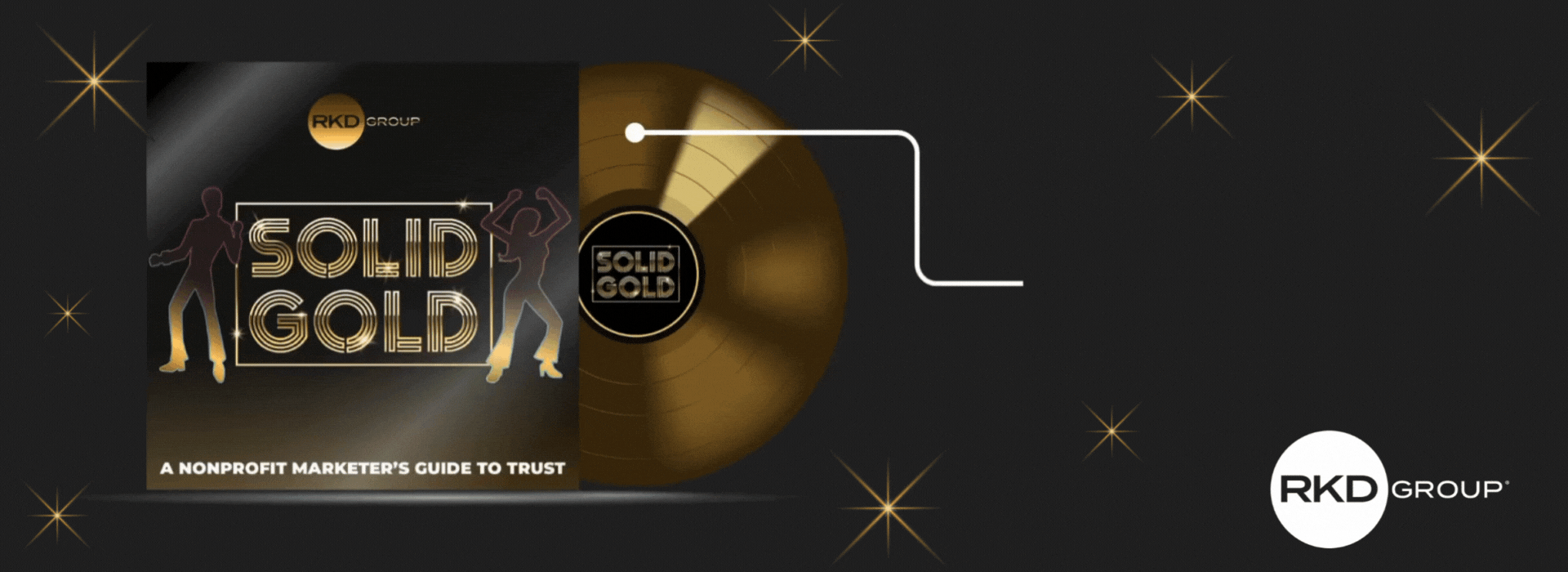We recently got some big news on the AI front: Open AI is releasing ChatGPT Enterprise.
Why should nonprofits care about this?
Well, the biggest reasons have to do with data privacy and trust. ChatGPT Enterprise will offer the security that organizations need to keep their donors’ data safe.
Nonprofits will be able to share personally identifiable information (PII) and company data into ChatGPT Enterprise with the peace of mind that it will NOT be shared with model training. This is different from ChatGPT Plus, which currently shares anything and everything you input with its model training.
ChatGPT Enterprise users will get full access to GPT-4, with some expanded capabilities like more memory and faster speeds. For example, ChatGPT Plus can hold about 2,400 words in its memory; Enterprise will hold 19,000.
This all provides more incentives for businesses to use ChatGPT, and nonprofits are no exception.
If you need more insight about where to start or how to best implement AI into your organization, we highly recommend attending the Fundraising.AI Virtual Global Summit on Oct. 23-24. This is truly a can’t-miss event.
OpenAI rebrands Code Interpreter
One more note on ChatGPT.
OpenAI released Code Interpreter for ChatGPT Plus customers on July 6. On Aug. 28, OpenAI rebranded Code Interpreter as Advanced Data Analysis.
In our opinion, the new name better represents the value that most organizations will receive from this feature. With Advanced Data Analysis, ChatGPT supports file uploads up to 150 MB. The following file formats are supported: TXT, PDF, DOC, DOCX, JPEG, PNG, MP4, AVI, CSV, JSON, XML, XLS, XLSX, CPP, PY, HTML, PDF, DB, SQLite and more.
Nonprofits should be using this feature to help with many data jobs and data questions today. Please be mindful of not sharing PII with ChatGPT Plus accounts.
Google’s new core update may affect your website traffic
Google announced on Aug. 22 that it had begun rolling out a new core update to its search algorithm. This is a routine update Google does throughout the year—the last one came in March—and it always has the potential to mess with organic traffic flow on your website.
We recommend doing a quick check to determine whether you’ve had a decline in visitors. If you notice that something is off, Search Engine Journal has three great tips on what to do next:
- Check for specific pages that aren’t doing well.
- Evaluate the search terms that lead people to those pages.
- Compare the page to how Google provides help on its site.
The key is to gauge how well your content is answering the questions that people are asking in their searches. This is all about providing quality content. But don’t forget about website performance—that matters, too.
Threads releases desktop version
Threads—Meta’s alternative to Twitter—launched in July as a mobile app, with accounts created from Instagram profiles. The new social media channel started with a bang, with more than 100 million sign-ups in its first few days.
Since then, however, engagement has dropped 82%, with just 8 million active daily users. Threads has released a new desktop version in a bid to bring back some who left and encourage those who don’t post from their phones to join.
Our point of view remains the same: It’s worth signing up to secure your place on the platform but not worth devoting a lot of time and effort to just yet.
Gen Z is cool with targeted ads
We know consumer habits and behaviors have changed dramatically in recent years. People today want personalized content, product recommendations and simplified digital payments.
All of these “expected” offerings are delivered through the use of connected data and technology, yet many people are still concerned about their online privacy and how their data is used. Generation Z? Not so much.
According to research by Tinuiti, Gen Zers are three times more likely (36%) than Baby Boomers (12%) to allow tracking when presented with prompts. Gen Z is also less likely than older generations to clear browser cookies (42% vs. 58%) or use an ad blocker (27% vs. 38%).
While Gen Z is far from the prime age of charitable giving, these behavioral differences are worth noting as you explore new ways to connect with donors in digital media.
Additional digital marketing news
A few more updates from the digital marketing space:






Leave a comment: